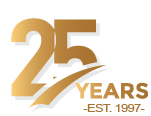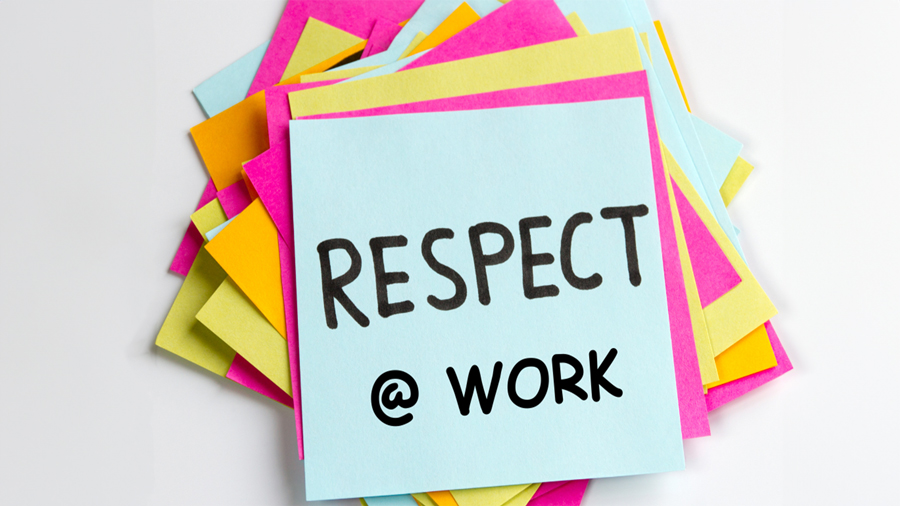Workplaces Have Evolved
HR policies offer many benefits: not only do they help prioritize the health, safety, and wellbeing of employees worldwide, but they also drive sustainable business practices, identify and mitigate workplace hazards, and empower meaningful change through pragmatic application. HR policies promote a fair and equitable workplace, convey corporate values and expectations to employees, and ensure that the organization complies with local employment laws and labour regulations.
With that said, here are three essential policies that HR executives and leaders in Ontario can implement to uplift, maintain, and enhance a modernized workplace in 2024.
Workplace Violence and Harassment Policy
Cultivating a psychologically safe and respectful workplace is a fundamental human right for all employees. Regardless of background, religion, age, gender, or race, every individual deserves to work in a positive environment devoid of violence, bullying, and harassment. As mandated by the Ontario government through Bill 168, it is imperative that employers perform regular workplace violence risk assessments on an annual basis, reassess when necessary, and uphold a code of conduct that respects human dignity and holds employees accountable to professional standards. Employers are required to communicate what is considered acceptable workplace behaviour with full transparency and develop a comprehensive and strategic action plan to address, prevent, and discipline workplace violence and harassment.
AODA
The Accessibility for Ontarians with Disabilities Act (AODA) is law in Ontario. Its goal is to make Ontario more accessible for people with disabilities by 2025. The AODA requires organizations to comply with standards that remove and prevent barriers to accessibility for those with disabilities. Ontario is now enforcing these accessibility standards as law.
The first regulation under the AODA was the Customer Service Standard, which became part of the Integrated Accessibility Standards Regulation (IASR) with new legislation that came into effect July 1, 2016. IASR is now made up of the following five standards:
- Customer Service;
- Information and Communications:
- Employment;
- Transportation; and
- Design of Public Spaces.
The Information and Communications Standards describes how businesses and organizations are required to design, provide and receive information and communications in ways that are accessible for people with disabilities.
The intent of the Employment Standards is to guide employers in creating equal employment for people with disabilities. This covers offering accommodations during the recruitment process, implementing workplace accommodations and modifying workplace emergency plans to the abilities of all workers, including those with disabilities.
The Transportation Standards focuses on making transportation services accessible, including buses, trains, subways, streetcars and ferries.
The Design of Public Spaces Standards outlines specific requirements that make it easier for everyone – people with disabilities, seniors and families – to use public spaces. For example, recreational trails and beach access routes, outdoor public use eating areas, and outdoor play areas.
Sexual Violence, Sexual Harassment, and Domestic Violence Policy
Under the Occupational Health and Safety Act (OHSA) as of 2016, Bill 132 extended the definition of workplace harassment to include sexual harassment as recognized by Ontario’s Human Rights Code.
Employers based in Ontario must create, establish, and implement specialized programs and protocols in collaboration with representatives of a Joint Health and Safety Committee to ensure that incident reports and complaints of workplace harassment are thoroughly investigated. As part of the amended OHSA, Bill 132 also decrees that employers conduct formal and appropriate investigations to harassment claims, and must inform the complainant and the alleged harasser (if they are also employed by the same company) in writing of the results, and share any corrective action that has been or will be taken in response. Administering zero-tolerance policies concerning sexual or domestic violence and harassment in the workplace is a key responsibility under HR that will safeguard the rights of its staff and enforce the law against inappropriate and unacceptable behaviour.
Equal Opportunity / Diversity, Inclusion, and Equity Policy
An optimally skilled workforce entails fostering a diverse and inclusive organizational culture in order to build a strong community among cross-functional teams. According to Forbes, a diverse workplace is an essential competitive advantage for employers to stay up to date with the modern world. Diversity provides genuine value to corporate stakeholders by advocating for a wide variety of creative insights and multifaceted perspectives that come from the lived experiences of unique individuals with different worldviews and backgrounds. Ensuring a diverse talent pool with equitable representation at all levels of the company improves organizational performance and contributes to greater productivity.
It’s important to make sure that HR policies embrace diversity across protected characteristics such as age, (dis)ability, gender, race, religion, sexual orientation, and socioeconomic status. By interrogating and dismantling unconscious bias, adopting an intercultural mindset, providing accommodations to disabled or neuro-divergent employees, and eliminating traditional barriers to success ensures that organizations can leverage and maximize the full potential of their workforce. Therefore, implementing an Equal Opportunity/Diversity, Equity, and Inclusion (DEI) policy is in everyone’s best interest.
With over 25 years of experience in the industry, HR Proactive Inc. provides customized tools, software products, resources, training courses, and advisory solutions that shed light on these policies for both employers and employees.
Contact us for a full preview of the essential policy bundle.











